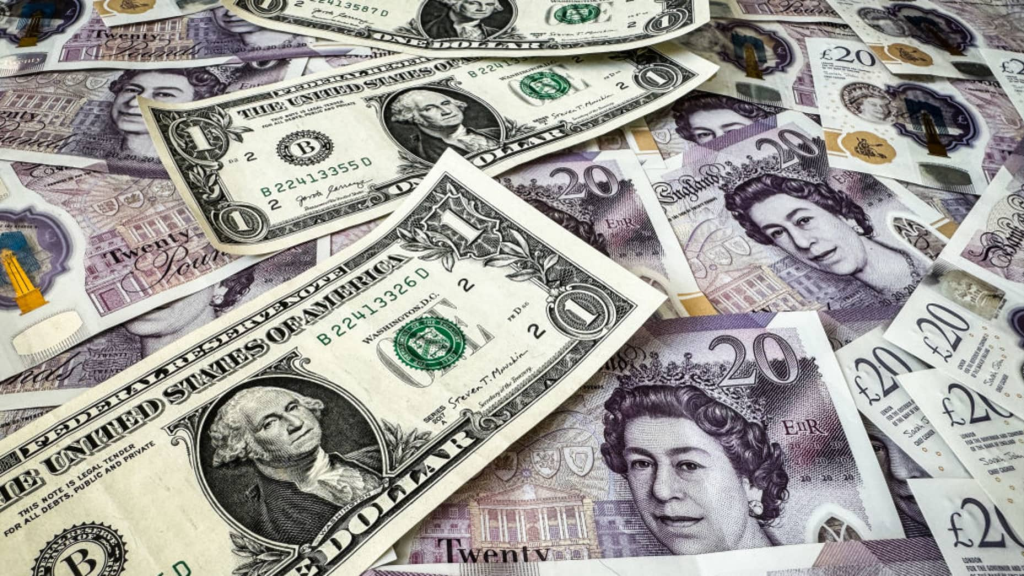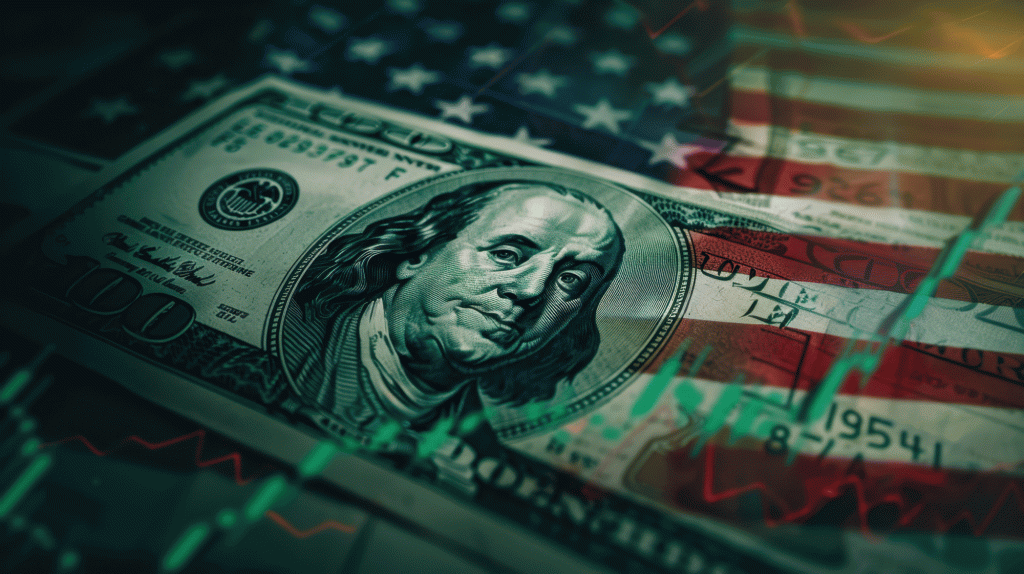The U.S. dollar was just off its highest level in seven weeks on Monday after a rally sparked by Friday’s strong U.S. jobs data and an escalation in the Middle East conflict.
The dollar’s gains followed a U.S. jobs report that showed the biggest jump in six months in September, a drop in the unemployment rate and solid wage rises, all pointing to a resilient economy and forcing markets to reduce pricing for Federal Reserve rate cuts.
Many factors that weighed on the greenback through the summer had reversed, analysts said, mentioning fading recession concerns and a price action suggesting the limits of pricing a dovish reaction function have been reached with this dataset.
“We cannot see a driver for rebuilding structural U.S. dollar short positions in the next couple of weeks,” said Francesco Pesole, a forex strategist at ING.
“Markets appear to have given up on another 50 bps cut, and inflation figures shouldn’t change that, and while the Middle East situation may not spiral further, the consensus seems to be that a material de-escalation isn’t likely for now,” he added.
The dollar index measure against major peers was up 0.05% at 102.60. It rose on Friday to a seven-week high at 102.69, logging more than 2% gains for the week, its biggest in two years. It was slightly above 100 early last week.
MUFG flagged that it is the second time the dollar index has fallen back towards support at the 100.00-level in recent years. On the last occasion in July 2023, the greenback index tested but failed to break below the 100.00-level before staging a strong rebound (+7.8%) in the following three months.
“The extent of fiscal stimulus in China, which would mostly help economies outside the U.S., will be one of the main factors affecting the dollar in the short term, along with macro data, which can impact the Fed policy path,” said Lefteris Farmakis, forex strategist at Barclays.
China is about to announce the details of its fiscal plan to boost the economy.
In the Middle East, Israel bombed Hezbollah targets in Lebanon and the Gaza Strip on Sunday ahead of the one-year anniversary of the Oct. 7 attacks that sparked its war. Israel’s defence minister also declared all options were open for retaliation against arch-enemy Iran.
The euro stood at $1.0970, down 0.06%.
“Effective fiscal measures in Italy and France would benefit the euro on the margin as they strengthen sovereign creditworthiness and therefore the credibility of the euro area project,” Barclays’ Farmakis argued.



